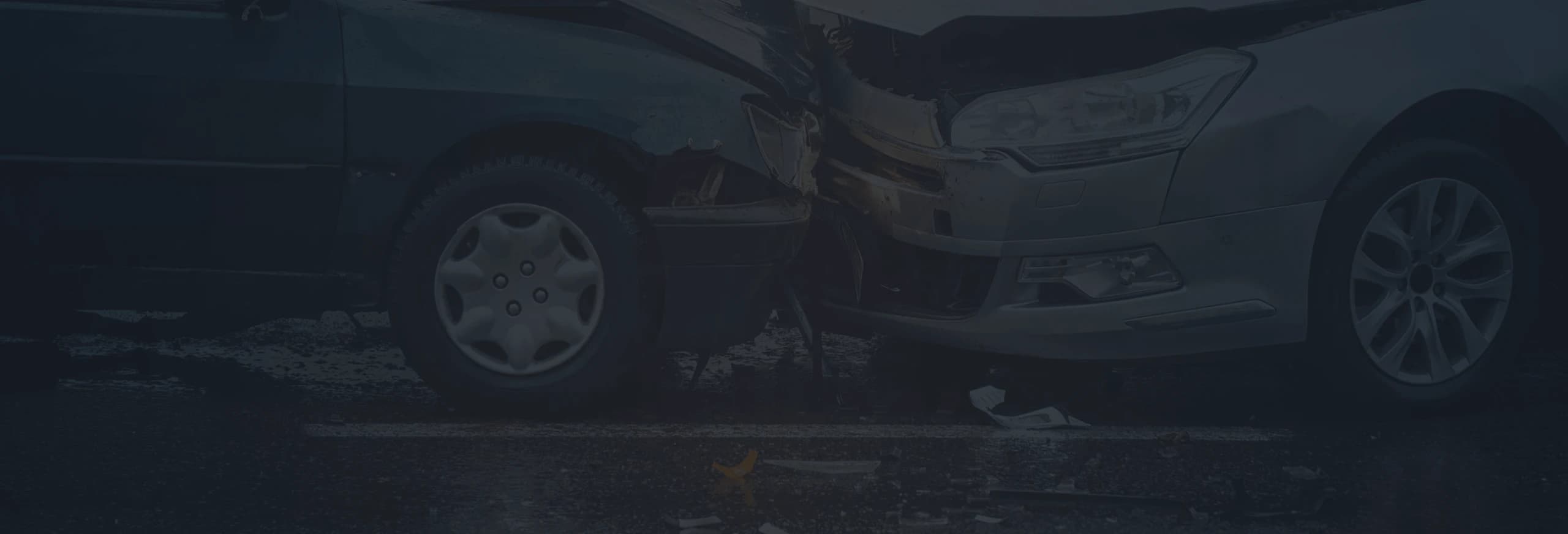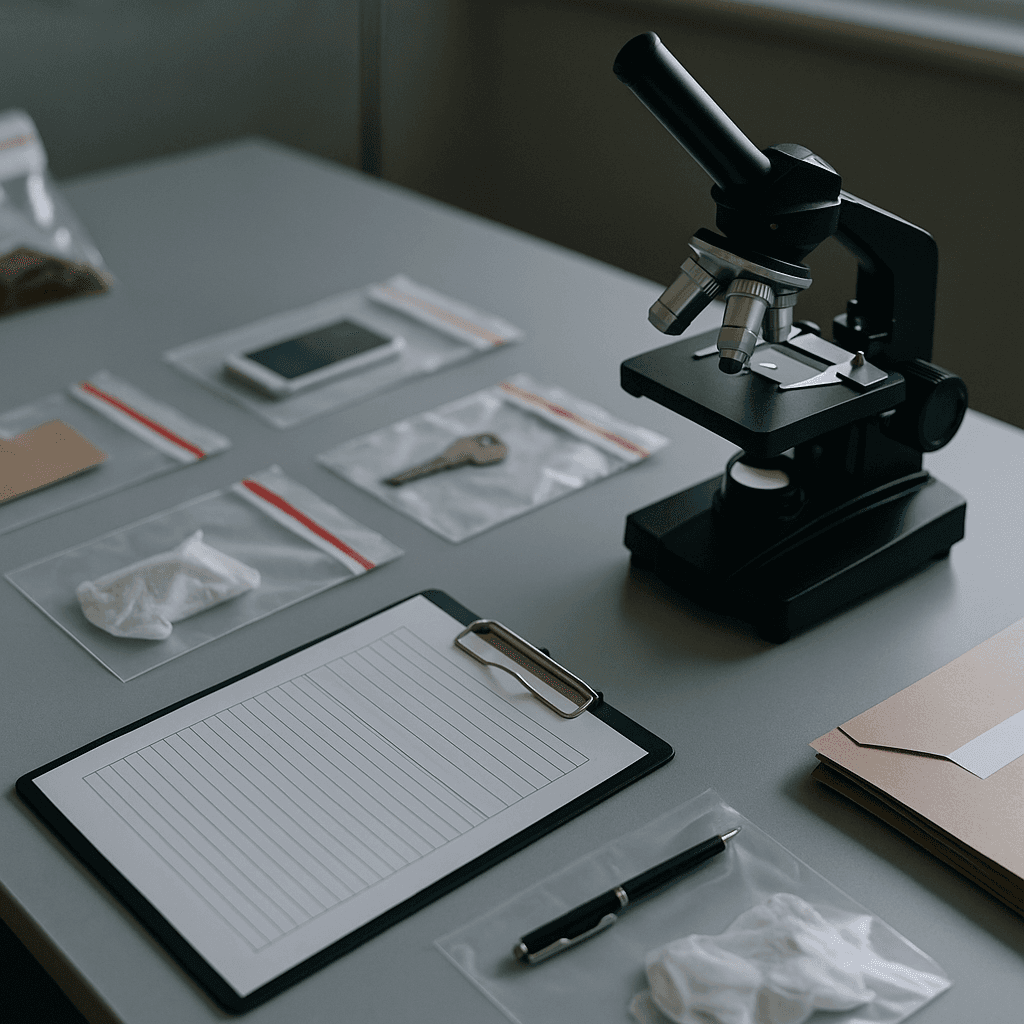
Understanding Toxic Exposure and Your Rights to Sue for Toxic Exposure

Navigating through the complexities of a toxic exposure lawsuit can be intimidating, especially for individuals who are already overwhelmed by the harmful health implications of toxic exposure. This comprehensive guide will illuminate the pathways you might take if you find yourself facing this challenging situation. Understanding the legal aspects and practical steps involved can help empower and equip you for your journey forward.
Understanding Toxic Exposure Lawsuits
Toxic exposure lawsuits stem from incidents where individuals have been harmed due to exposure to hazardous substances, often resulting in health problems or environmental damage. These lawsuits are crucial in holding responsible parties accountable and can be a lifeline for those suffering from toxic exposure. The legalities surrounding these cases are complex, often involving intricate scientific evidence and regulatory frameworks that dictate the responsibilities of manufacturers, employers, business owners, and environmental agencies.
Definition of Toxic Exposure
Toxic exposure occurs when an individual comes into contact with substances that can cause adverse health effects. These substances can be industrial chemicals, pollutants, heavy metals, or toxins emanating from various sources, including workplaces, contaminated environments, and consumer products. The pathways of exposure can vary widely, including inhalation, ingestion, or skin contact, making it essential to identify the specific circumstances surrounding each case.
The health repercussions of toxic exposure can range from mild irritations to severe, chronic illnesses. In legal terms, proving toxic exposure for a lawsuit involves demonstrating that the substance was indeed hazardous and that the exposure resulted in actual harm. This often requires extensive research and consultation with toxicologists and medical professionals to establish a clear link between the exposure and the resultant health issues.
Common Types of Toxic Exposure
There are several common types of toxic exposure that can lead to lawsuits:
- Chemical Exposure: Often occurring in industrial settings, workers might be exposed to chemicals such as asbestos, benzene, or formaldehyde. Infamously, Agent Orange herbicide is believed to be the cause of toxic exposure to Vietnamese citizens and American military personnel alike in the 1960s. These exposures can lead to occupational diseases that may not surface until years later.
- Environmental Contamination: Communities may face toxic exposure due to pollutants in the air, water, or soil, often from nearby industrial plants. Such contamination can have widespread effects, impacting not only human health but also local wildlife and ecosystems.
- Household Toxins: Many common household items can pose risks, including pesticides, lead in old paint, and certain cleaning products. Awareness of these household dangers is crucial, as many individuals may unknowingly expose themselves and their families to harmful substances.
Each of these scenarios presents unique challenges and legal considerations that must be addressed in a toxic exposure lawsuit. For instance, proving negligence in a chemical exposure case may require demonstrating that an employer failed to provide adequate safety measures or ignored known risks, while environmental contamination cases often involve complex litigation against multiple parties, like corporations and government entities.
The Impact of Toxic Exposure on Health
The health impacts of toxic exposure can be immediate or may take years to manifest. Common health effects include respiratory issues, skin conditions, neurological disorders, and even cancer. The latency period for some diseases (The time between the exposure and emergence of harmful effects), such as mesothelioma caused by asbestos exposure, can be decades long, complicating the legal process for victims seeking justice.
Understanding these potential health effects is essential when building a case. Medical documentation and expert testimonies often play a critical role in establishing the connection between exposure and health outcomes in a toxic exposure lawsuit. Victims may need to undergo extensive medical evaluations and testing to substantiate their claims, and expert witnesses may be called upon to explain the scientific basis for the alleged harm. Furthermore, the emotional and psychological toll of toxic exposure cannot be overlooked, as many individuals experience anxiety and distress related to their health and the uncertainty of their future.
Contact our team today so we can fight to help you get the compensation you deserve.
The Legal Framework for Toxic Exposure Lawsuits
Explaining the legal framework surrounding toxic exposure lawsuits is essential for understanding how to proceed with your case. The laws governing these lawsuits can vary at both federal and state levels.
Federal Laws and Regulations
At the federal level, several laws govern toxic substances, including the Toxic Substances Control Act (TSCA) and the Resource Conservation and Recovery Act (RCRA). These laws aim to regulate the manufacture, use, and disposal of hazardous substances.
Understanding these regulations is very important to a toxic exposure lawsuit, since they establish the responsibilities of businesses concerning safety and environmental health. A violation of these regulations can serve as a strong basis for a lawsuit.
State Laws and Regulations
In addition to federal laws, state laws play a large role in toxic exposure cases. Each state may have its own statutes that address toxic exposure claims, limitations on damages, and statute of limitations for filing claims.
Consulting with a lawyer who is knowledgeable about local regulations can provide clarity about your rights and options.
Initiating a Toxic Exposure Lawsuit
Once you understand the landscape of toxic exposure lawsuits, the next step is to initiate your claim. This process includes identifying the responsible parties, gathering evidence, and filing the lawsuit.
Identifying Responsible Parties
Determining who is responsible for your toxic exposure is a critical part of the lawsuit process. This could be a manufacturer, employer, or even a local government entity, depending on the circumstances.
Identifying the responsible parties accurately is essential as it can determine who will be held liable and how much compensation you could seek. This often requires thorough investigation and analysis of the case circumstances.
Gathering Evidence
Evidence is the backbone of any lawsuit. In toxic exposure cases, gathering evidence may include:
- Medical records demonstrating the health impact of the exposure.
- Documented evidence of exposure, such as employment records or environmental reports.
- Testimonies from medical professionals or toxicology experts.
Being thorough in collecting evidence can significantly strengthen your case and improve your chances of securing a favorable outcome.
Filing the Lawsuit
When the evidence is gathered and the responsible parties identified, it is time to file the lawsuit. This process entails submitting legal documents to the court, outlining your claim against the identified parties.
Ensure compliance with all legal requirements and timelines. A minor error during this phase could jeopardize your case.
Free Consultation 24/7, call (844) 343-9609
The Role of a Toxic Tort Lawyer
Engaging a personal injury attorney who specializes in toxic tort claims will be one of the most important decisions you make in your lawsuit journey. These specialized lawyers possess the expertise required to navigate the complexities involved in toxic exposure cases.
Selecting the Right Lawyer
Choosing the right toxic tort lawyer is essential. Consider their experience in handling similar cases, their reputation, and their ability to communicate clearly and effectively.
A lawyer who has successfully managed toxic exposure lawsuits will be familiar with the intricacies of the law and can provide invaluable guidance.
How a Lawyer Can Help
A toxic tort lawyer will help you in many ways, including:
- Assessing the merits of your case.
- Gathering and organizing evidence.
- Negotiating with responsible parties or their insurance companies.
- Representing you in court, should the case go to trial.
Having an expert advocate by your side often makes a significant difference in the outcome of the lawsuit.
Call (844) 343-9609
The Court Process for Toxic Exposure Lawsuits
The court process for a toxic exposure lawsuit can be lengthy and complicated, often involving several phases from pre-trial procedures through to post-trial actions.
Pre-Trial Procedures
Before a trial, both parties will engage in discovery, where they exchange information and evidence. This phase is crucial for building your case and understanding the defense’s arguments.
Motions may be filed to resolve issues before going to trial, and settlement discussions often occur during this period, providing opportunities to resolve the case outside of court.
The Trial Phase
If the case proceeds to trial, both parties will present evidence and arguments to a judge or jury. The trial phase can be intense, and having an experienced lawyer is key to carrying out this proceeding.
It often involves witness testimonies, expert opinions, and thorough examination of the presented evidence, all culminating in a verdict.
Post-Trial Procedures
After a verdict is rendered, there are still several steps that may follow. If you are awarded damages, collection of those damages may involve additional proceedings. Alternatively, if the verdict is unfavorable, appeals can be made based on various legal grounds.
Understanding these post-trial processes can help you prepare for the contingencies that may arise after your case concludes.
Successfully navigating a toxic exposure lawsuit requires a well-rounded understanding of the legal landscape, along with a strategic approach to gathering evidence and identifying responsible parties. Throughout this journey, the right legal support will be invaluable, and awareness of your rights and options can help pave the way for a successful resolution.
For a free consultation, call (844) 343-9609
Blog Posts:

The Role of Expert Witnesses in Injury Litigation
Why Expert Witnesses Matter in Personal Injury Cases In personal injury litigation, facts alone are often not enough. While evidence like medical records, photographs, and witness statements paint part of the picture, juries and insurance companies frequently need context and explanation to understand the full scope of an injury and its impact. This is where expert witnesses play a pivotal role. Expert witnesses are professionals—often doctors, engineers, economists, or accident reconstruction specialists—who provide testimony based on their specialized knowledge. Their objective is not to advocate for one side but to clarify complex issues that require professional interpretation. In many cases, their opinions help bridge the gap between evidence and understanding, making them critical to achieving fair compensation.

How Insurance Companies Evaluate Injury Claims
How the Evaluation Process Really Works When you file a personal injury claim, the insurance company begins a process that is anything but simple. Behind every offer or denial, there's a calculated evaluation designed to protect their bottom line. Insurers use data-driven methods, past claim outcomes, and internal guidelines to assess how much—if anything—they believe your case is worth. The goal of the insurance adjuster is straightforward: to settle your claim for as little as possible while closing the file quickly. They'll review your medical records, accident details, and even statements you've made to determine liability and damages. The more organized and detailed your claim presentation, the harder it is for them to undervalue it.

The Dangers of Handling a Personal Injury Case Without Legal Help
Understanding What's at Stake After an accident, it's natural to want to resolve things quickly. Medical bills begin piling up, your work may be disrupted, and insurance adjusters often seem eager to "help." Many people believe they can handle their personal injury claim on their own—especially if the situation seems straightforward. But personal injury law is complex, and even minor missteps can lead to significant financial loss. Without professional guidance, you may underestimate your claim's value, miss critical deadlines, or make statements that insurers later use against you. The legal process is designed to protect both sides, and insurance companies have experienced professionals working to limit payouts. Without an equally skilled advocate on your side, you're at a clear disadvantage. That's why consulting a personal injury lawyer early in the process is often the difference between fair compensation and a costly mistake.

When Should You Switch to a Different Injury Lawyer?
Knowing When It's Time for a Change Choosing the right attorney after an accident is one of the most important decisions you'll make in your recovery journey. However, not every lawyer-client relationship is a perfect fit. Sometimes, despite your best efforts, you may realize that your current representation isn't meeting your expectations. Whether it's poor communication, lack of progress, or a sense that your case isn't being handled effectively, recognizing when to switch attorneys can make all the difference in the outcome of your claim. Switching to a new personal injury lawyer doesn't mean starting over from scratch—it means taking control of your case and ensuring it receives the attention and effort it deserves. Understanding what to expect from your legal representation can help you identify the warning signs that it might be time for a change.
Get an agent on the line in seconds
Responsive
Legal Assistance
Our personal injury attorneys advocate for the funds necessary to cover bills, secure medical treatment, recoup lost wages, and provide compensation for your pain and suffering.
Are you facing unfair treatment from the insurance company?
Do you know the value of your case?
Is the insurance company asserting that the accident is your responsibility?

We'll get back to you ASAP.
Get Your Free Consultation
You Pay Nothing Unless We Recover Compensation For You
